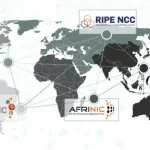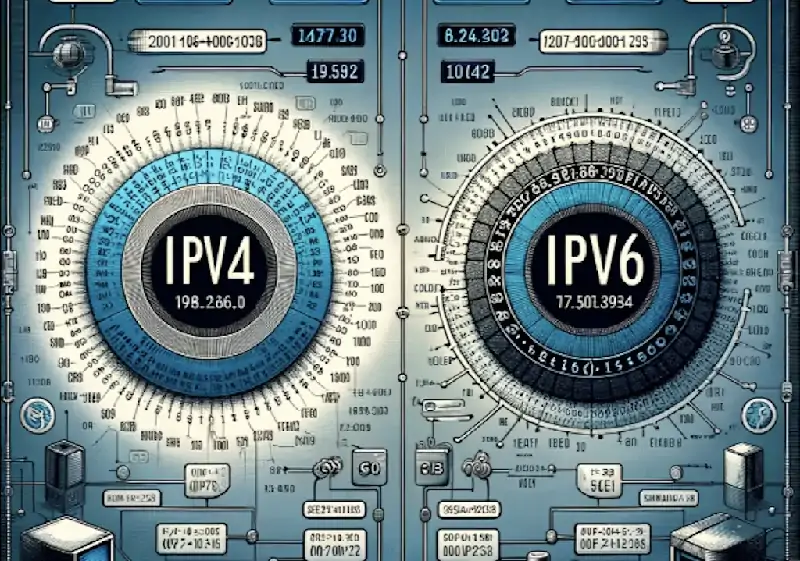- The Internet Governance Forum (IGF) is a multi-stakeholder governance group, that brings multiple stakeholders together for policy dialogue on issues of internet governance.
- The IGF, which has no decision-making power, is intended as a discussion space that provides developing countries with the same opportunities as rich countries to participate in debates about internet governance.
- The IGF was formally announced by the UN Secretary-General in July 2006, convened for the first time in October-November 2006, and has met annually since then.
- The IGF embodies the hard-won struggle of the internet community to gain a seat at the technical, global, and interconnected table.
Who decides the rules that govern cyberspace? How can we ensure that the internet remains open, accessible, and safe for all users?
These questions lie at the heart of the United Nations Internet Governance Forum (IGF), a global platform where stakeholders come together to deliberate on the future of the internet.
Understanding internet governance
The Internet Governance Forum (IGF) is a global multistakeholder platform that facilitates discussions on public policy issues pertaining to the internet.
Unlike traditional governance structures, the internet’s decentralised nature complicates the task of regulation.
It addresses a wide range of topics, including but not limited to cybersecurity, digital rights, access and inclusion, online privacy, internet infrastructure, and emerging technologies, transcends geographical boundaries, making it a truly global phenomenon.
The annual meetings of the IGF bring together thousands of participants from around the world to discuss these issues and foster cooperation in internet governance.
Also read: UN Internet Governance Forum to be held in Riyadh in December
The genesis of the IGF
The UN Internet Governance Forum emerged from the World Summit on the Information Society (WSIS), a series of conferences convened by the UN to address the digital divide and harness the potential of information and communication technologies (ICTs) for development.
The first phase of WSIS took place in Geneva in 2003, followed by the second phase in Tunis in 2005. It was during the Tunis Summit that the idea of creating a multistakeholder forum dedicated to internet governance was proposed.
In 2006, the UN general assembly endorsed the establishment of the IGF, with the mandate to facilitate dialogue among stakeholders from governments, civil society, the private sector, and the technical community.
The inaugural meeting of the IGF was held in Athens, Greece, later that year, marking the beginning of an ongoing conversation on internet governance.

The multi-stakeholder model
At the core of the IGF is the principle of multistakeholderism, which emphasises the inclusion of diverse perspectives and expertise in decision-making processes.
Unlike traditional forums where governments hold the primary authority, the IGF provides a platform for all stakeholders to participate on an equal footing. This inclusive approach fosters collaboration, innovation, and consensus-building.
Themes and focus areas
Each year, the IGF focuses on a specific theme or set of issues relevant to the evolving landscape of the internet.
These themes can range from cybersecurity and digital rights to emerging technologies and broadband access.
By addressing timely topics, the IGF ensures that its discussions remain relevant and responsive to current challenges and opportunities.
Key features of the IGF
1. Openness and transparency: the IGF operates transparently, with all sessions open to participation by any interested individual or organisation.
This openness fosters greater accountability and trust among stakeholders.
2. Bottom-up approach: the IGF’s agenda is driven by the input of its diverse community of stakeholders.
Anyone can propose a workshop or session topic, allowing for a bottom-up approach to agenda-setting that reflects the priorities of the global internet community.
3. Dynamic coalition: The IGF hosts a variety of dynamic coalitions, which are informal groups focused on specific internet governance issues.
These coalitions provide a space for collaboration and collective action outside the formal sessions of the IGF.
4. Youth engagement: Recognising the importance of engaging young people in internet governance, the IGF promotes youth participation through dedicated sessions and initiatives.
Youth are encouraged to bring their perspectives and ideas to the table, ensuring that the voices of future generations are heard.
Challenges and opportunities
While the IGF has made significant strides in promoting dialogue and collaboration on internet governance issues, it also faces several challenges. One such challenge is the ever-evolving nature of the internet itself, which requires constant adaptation and innovation in governance mechanisms.
Another challenge is the need to ensure meaningful participation from all stakeholders, particularly those from marginalised communities and developing countries. Bridging the digital divide and promoting digital inclusion is essential for ensuring that the benefits of the internet are accessible to all.
At the same time, the IGF presents numerous opportunities for addressing these challenges and shaping the future of the internet. By bringing together diverse perspectives and expertise, the IGF fosters innovation, builds consensus, and promotes best practices in internet governance.
Also read: ICANN announces details for Asia Pacific Domain Name System Forum 2024
Looking ahead
As we navigate the complexities of the digital age, the role of the IGF remains as crucial as ever.
By providing a platform for dialogue, collaboration, and consensus-building, the IGF contributes to the development of a more inclusive, open, and secure internet for all.
In the years to come, the Internet Governance Forum will continue to evolve in response to emerging challenges and opportunities in the digital realm.
By embracing the principles of multistakeholderism, openness, and transparency, the IGF will help shape the future of internet governance and ensure that the internet remains a force for good in the world.









